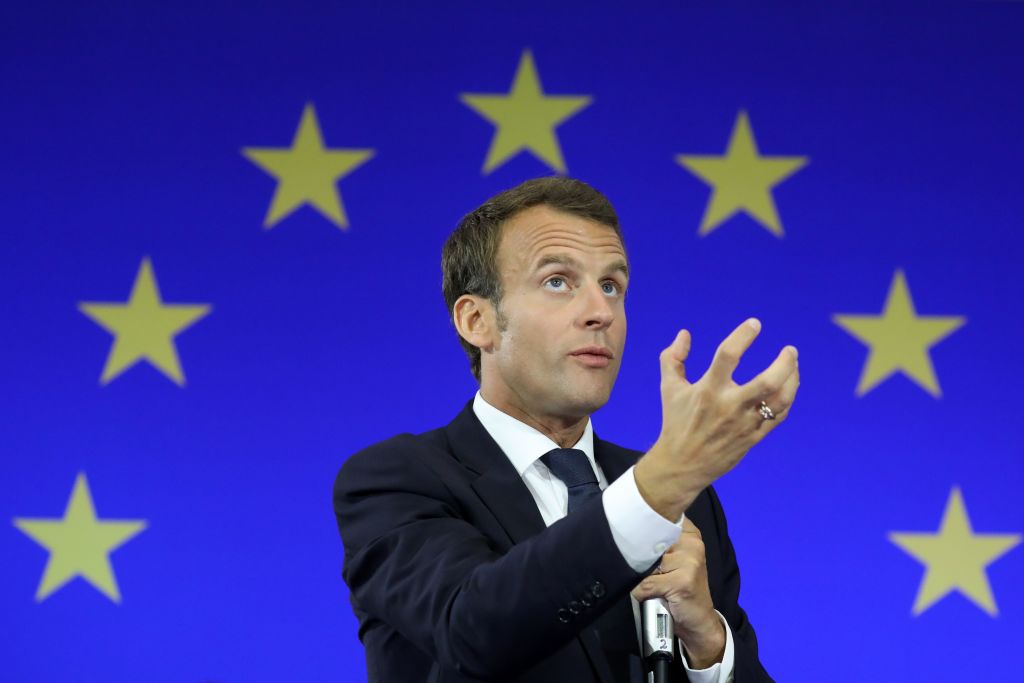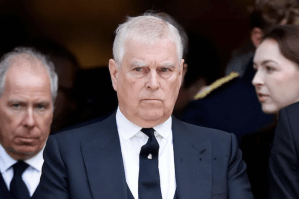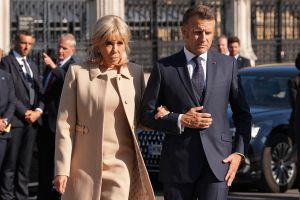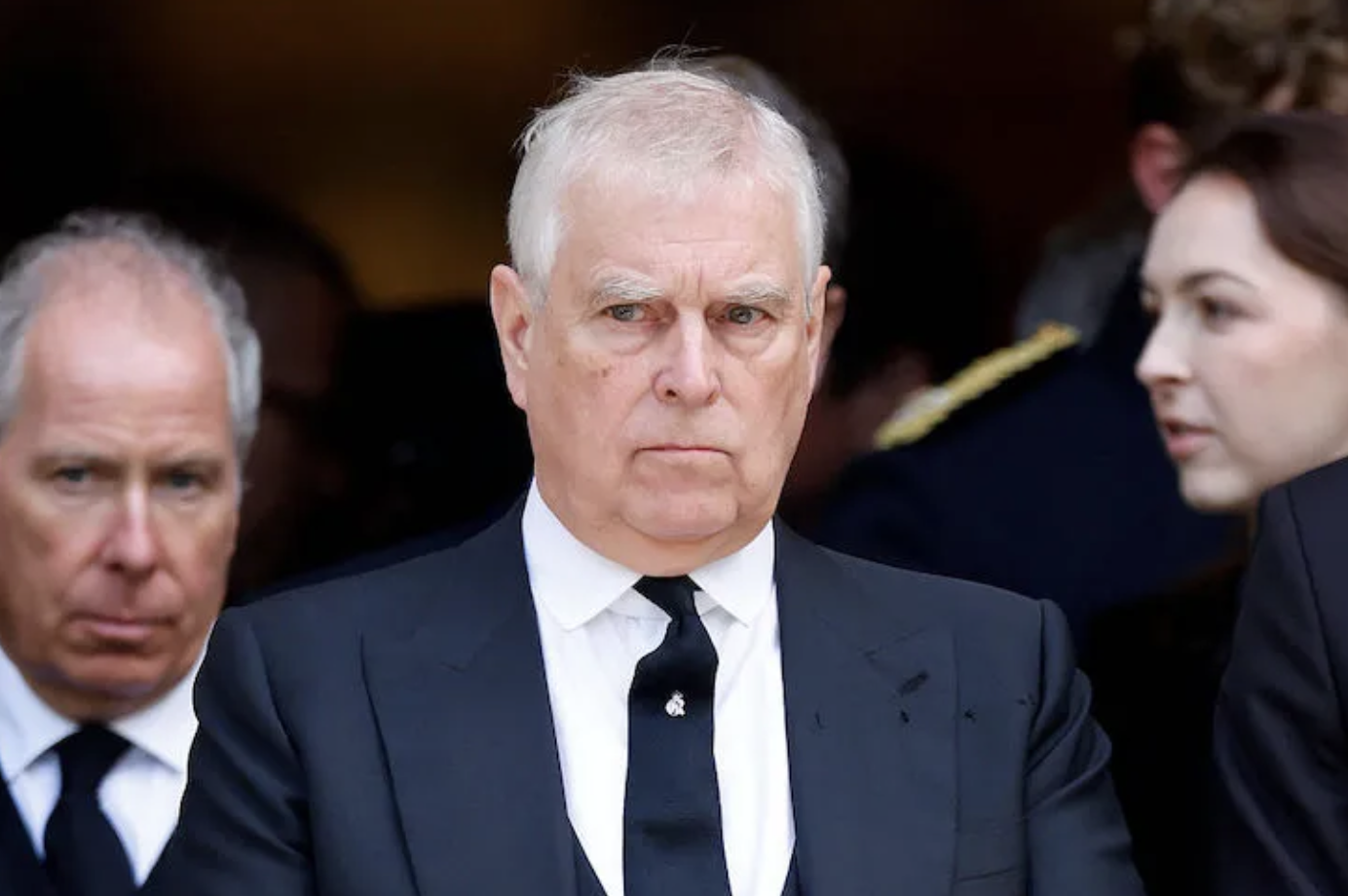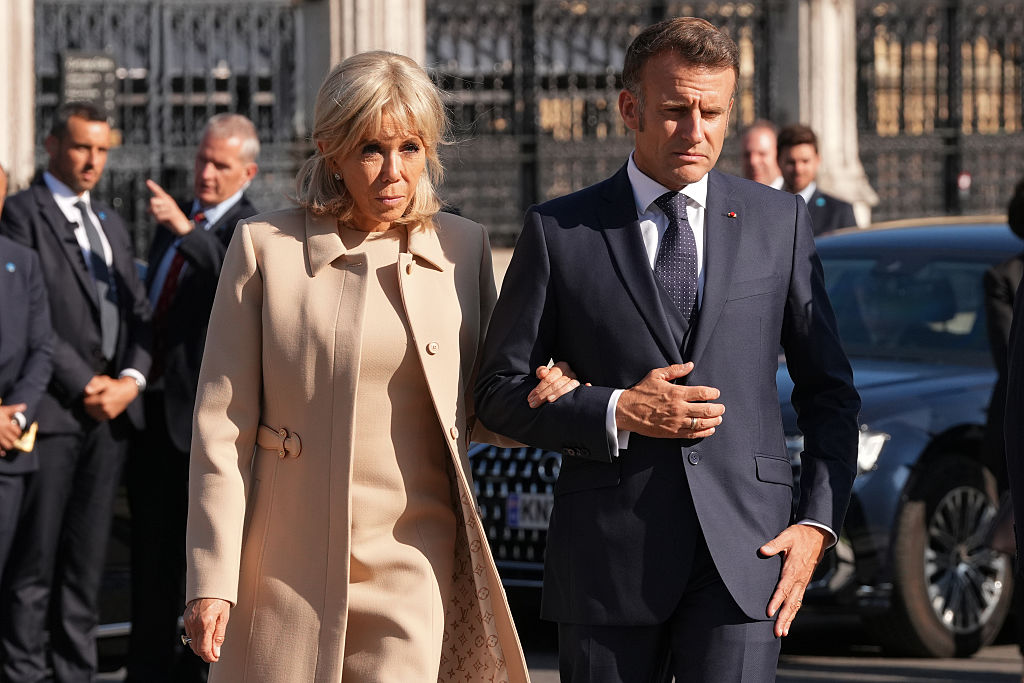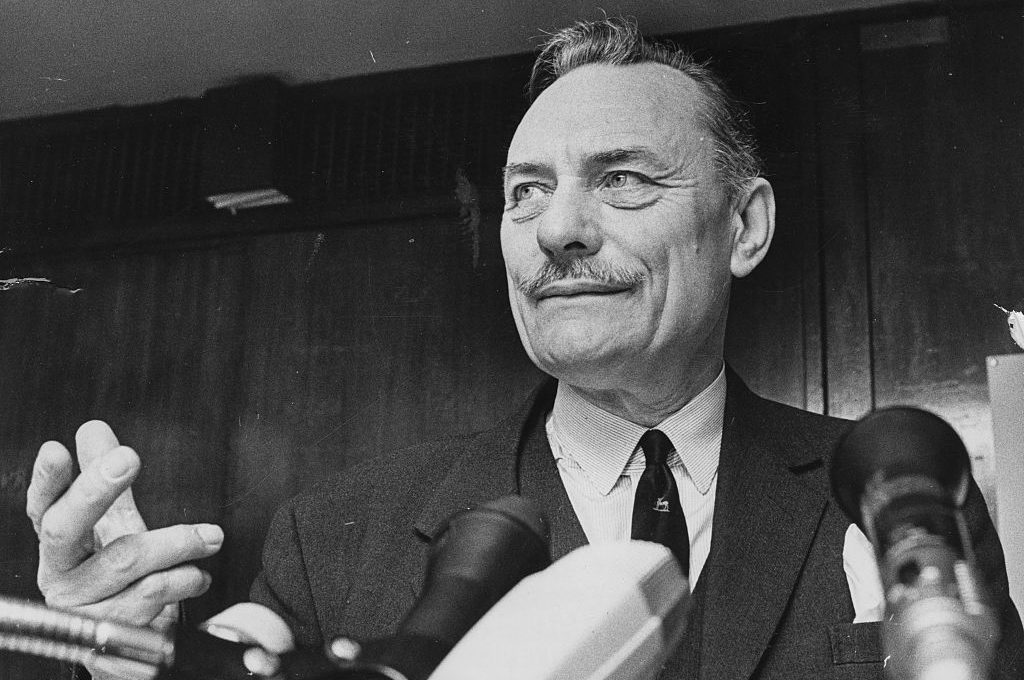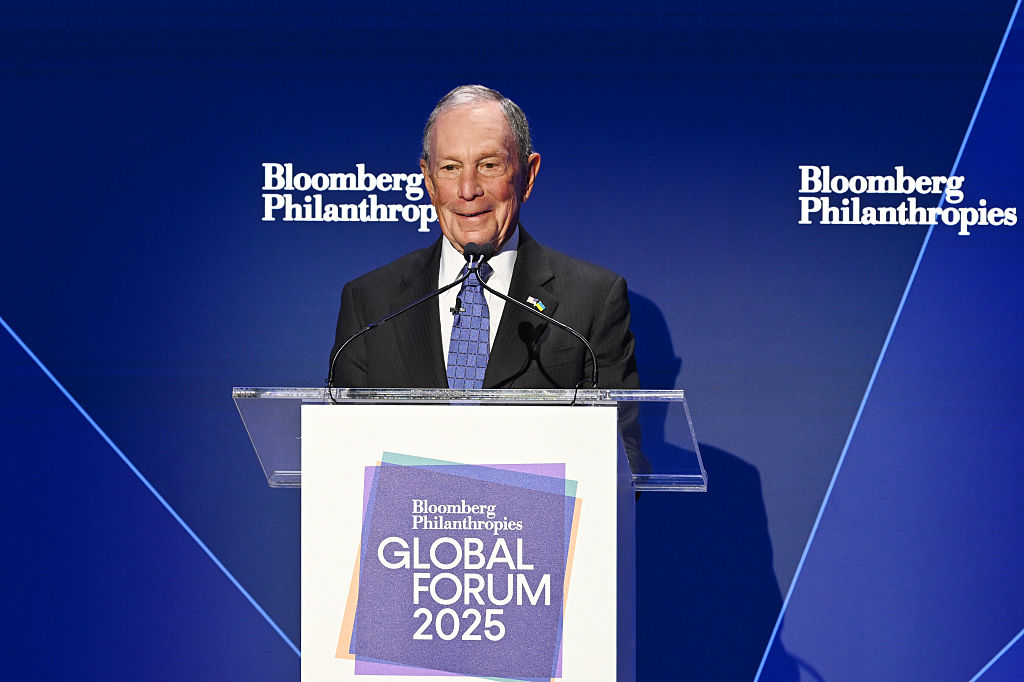That France was the country to throw a grenade threatening to blow up the UK-EU trade talks just as they were about to pass the finish line, does not come as a surprise to seasoned euro-watchers.
No other EU member would so brazenly promote its own domestic self-interest at the cost to other EU members such as Germany and Ireland. To the British it has echoes of de Gaulle saying ‘non’, when vetoing the UK’s first attempts to join the Common Market.
Many of the EU’s problems and (in my view) the ultimate reason Brexit happened, is down to a fundamental cause that is little remarked on in the UK. France is a wonderful country with wonderful people and culture (as well as landscapes and food and weather) but it has the most brazenly nationalist political culture in Western Europe. Its political class have no shame in seeing their national mission as the restoration of the historic glory France enjoyed two centuries ago.
We may have our often remarked on issues of nationalism in the UK, but they are a pale shadow of attitudes that prevail among the French political class. Napoleon — who invaded and conquered most of Europe — is venerated as a national hero rather than remembered as a war-mongering dictator.
France also has a far stronger grip on the machinery of the EU than any other country. Partly this is because it was a founder country, and of the big three founders it is the only one which has a functionally competent political system and no war guilt tempering its self-interest. It is not just that the French founded the EU, but most major developments such as the Euro and the Lisbon Treaty were driven by them (the leader of the constitutional convention was the late President Valéry Giscard d’Estaing). French politicians and civil servants (rightly in my view) pay very close attention to EU developments, which makes it easy for them to outmaneuver other countries.
The French are now pushing for the creation of a European military competence (a so-called European army), an ambition not really shared by other members. The French are generally the keenest on ‘ever closer’ union, because they know they have their hands on the controls. Doing more things at the European level gives the French political class more power, rather than less.
In the UK, our prevailing feeling about doing things at the European level was that we would lose control, hence the national resistance. The end result is that French politicians, alone among EU members, have almost a proprietorial attitude to the EU — often they see it as their project.
I remember asking the French ambassador to the UK why in France there was so much anger about Brexit, whereas in other European countries the prevailing emotion was sorrow. She replied that it was because Brexit was ‘personal’. The French felt that we were storming out of their party. The combination of French political nationalism and EU proprietorialism means that French politicians often work from the assumption that what is good for France is good for Europe. This plays out in endless policies, from the serious to the trivial.
The UK and other EU countries long wanted to reform the disastrous Common Agricultural Policy, and Tony Blair even sacrificed much of the UK’s budget rebate for a promise to do that, but the French always wielded the veto, because the CAP is designed to act in the interests of small French farmers.
Likewise, France always resisted demands to significantly reform the Common Fisheries Policy, even though their share of the catch would not survive any objective reasonableness test.
The wasteful dysfunctionality of having the European Parliament sit one week a month in the French city of Strasbourg is opposed by almost all other EU nations, but again France uses its veto.
Making compromises for the European good is meant to be part of the European ideal, but in private EU diplomats complain that in deeds rather than words, France is actually the least European country.
France has a permanent grievance about the widespread role of English in European institutions (few other European citizens speak French, but most learn English), and is perpetually agitating to promote French and side-line English, even though it irritates other countries like Germany, the Netherlands and Sweden.
[special_offer]
I remember an EU summit where French President Jacques Chirac (who spoke English, having worked in New York) and other EU leaders were given a presentation in English by the leader of Europe’s business organization, who happened to be a Frenchman. The President demanded to know why a Frenchman was speaking in English at an EU summit, and the Frenchman protested that ‘English is the language of international business’. The President and his entourage stormed out.
France has always bitterly resisted any moves to make a multi-speed, more flexible EU, partly because the more centralized the EU becomes, the more power it gives to French politicians. The insistence on a rigid, coercive EU, is one of the main driving forces that ended with the UK deciding to pull out. If there had been more flexibility — for example in renegotiating with David Cameron — then we would probably have stayed.
That attitude of French politicians in assuming that the French interest and the European interest are the same is why it is no surprise that it is France rather than any other country that has attempted to blow up the talks. I suspect that to many Brexiteers, it will convince them that we were right to leave.
Anthony Browne MP is the former Europe correspondent of the
Times of London. This article was originally published on The Spectator’s UK website.



